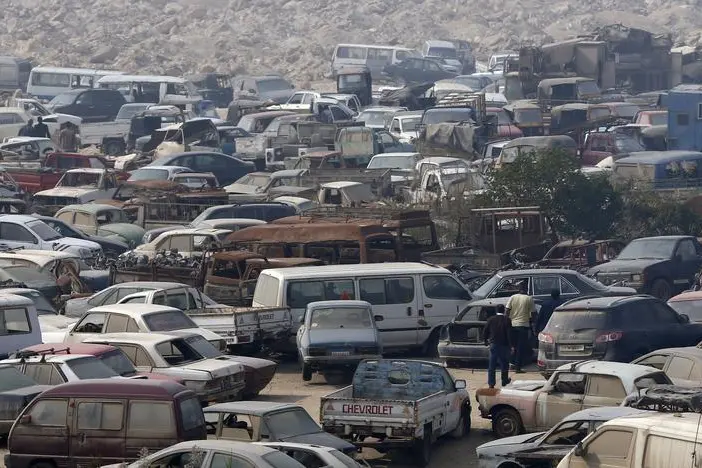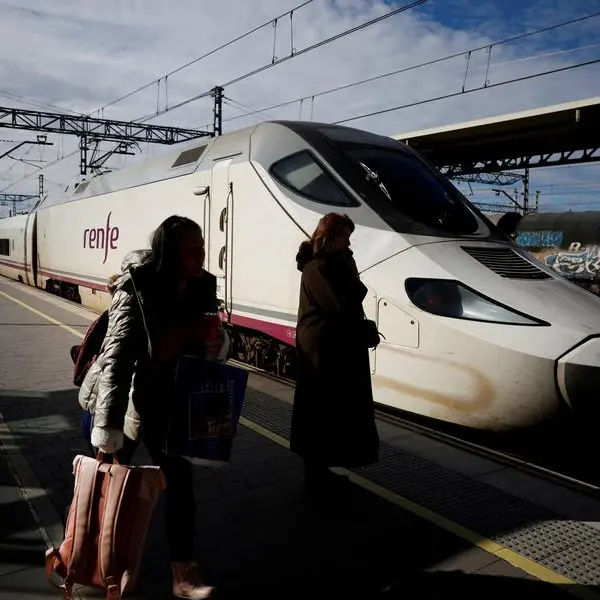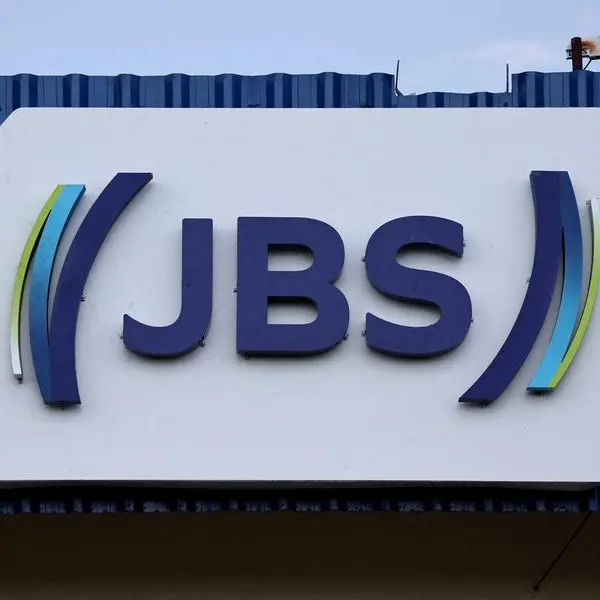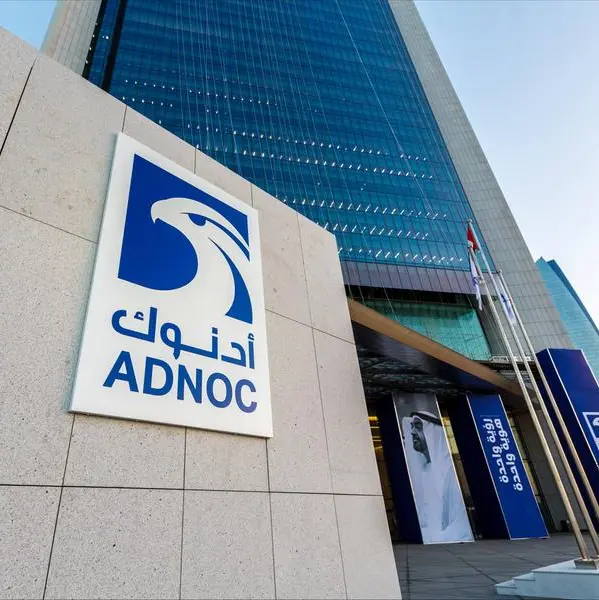PHOTO
"The second-hand car market in Egypt has been witnessing an unprecedented recession since October," Osama Rabie, a used car dealer, told Al-Ahram Weekly as he showed off a 2004 green Hyundai Accent for sale in Cairo's massive second-hand car marketplace on the outskirts of Nasr City.
Every Friday and Sunday, thousands of buyers and sellers as well as dealers -- most of them in second jobs -- gather at the second-hand car marketplace on Nasr City's Ahmed Al-Zomor Street.
Rabie, an engineer in a state-owned company who works as a used car dealer to increase his income, said that "though Korean cars are the most popular in the Egyptian market at the moment, I have been trying to sell my car, a Hyundai, in vain."
He said that news reports about the annual reduction in tariffs on cars imported from the European Union had pushed customers into delaying purchases of used or new cars.
According to the Association Agreement signed by Egypt with the European Union in 2008 and applied in 2009, the government has approved an annual 10 per cent reduction in the customs value of cars of European origin to reach zero tariffs by 2020.
Another second-hand car dealer, who also complained of a decline in demand, said that "the media has been running inaccurate reports about the customs reductions, and as a result people believe that prices will eventually be slashed, encouraging them to delay their purchases until the new prices are applied."
Speaking to Al-Ahram daily, Adel Bedier, head of the Vehicles Manufacturing Division at the Federation of Egyptian Industries, said the customs reductions had had little effect on car prices.
"The ten per cent reduction in customs duties on European-made cars will ultimately mean no more than four per cent off the total price," Bedier said.
Moreover, the fact that the reduction in tariffs directly affects the prices of new cars from Europe also indirectly affects the prices of second-hand cars since the new and used markets are linked together.
"The used and new car markets are interconnected. They move up and down together," Nour Darwish, vice-president of the Automotive Division at the General Union of Chambers of Commerce, told the Weekly.
Darwish believes that the increase in the value of the US dollar against the pound has also had an impact.
Determining the price of a second-hand car usually depends on several factors, including its overall condition, the distance on the clock, whether or not it has been maintained by a registered dealer, and whether it has had an accident or been partly or completely repainted.
For Korean cars, the prices of new cars have seen an annual drop of LE4,000-LE6,000 each year, compared to an annual decline of LE10,000-13,000 in the case of European manufactured cars.
Japanese car prices have declined at a rate of LE8,000-LE10,000 each year, apart from Honda and Mazda cars since European tariffs apply.
The car market in Egypt came to a standstill in October 2014, with buyers waiting for the government's decision whether or not to resume the annual 10 per cent tariff reduction scheduled in January.
What added fuel to the fire was the decline in the value of the pound against the dollar in January. US dollars jumped to LE7.63 against the pound, when they had been at around LE7.14 during the last six months of 2014, and this pushed up the prices of cars.
Mohamed Haroun, manager of several used car showrooms in Nasr City and Heliopolis, said that the increase in the value of the dollar had negatively affected the market.
Though the decision to reduce customs on European-made cars should have lowered the prices of cars, the dollar's sudden climb had hindered this movement. "Almost all new cars increased in price by between LE3,000 and LE4,000 following the dollar's exchange rate hike," Haroun told the Weekly.
However, mechanic and car dealer Mohamed Mahmoud believes the recession in the market is due to a lack of liquidity and the unstable security conditions.
The current recession in the second-hand car market has been triggered by a shortage of cash after Suez Canal investment certificates withdrew the lion's share of liquidity from Egyptian households, according to Mahmoud.
"Many people are now short of cash, while others prefer to wait until the security conditions become more stable. There is a good car supply, but also slower demand because of rising prices and people's limited financial abilities," Mahmoud added.
The decrease in demand gives room for some car dealers to impose unfair pricing on used cars.
Islam Emad, a 31-year-old engineer, said the marketplace in Nasr City had become awash with dealers wanting to buy cars at lower prices in order to sell them later at high profit margins.
"I have been trying for two months to find a normal customer, not a dealer, to sell my car to, but in vain," Emad, who is trying to sell a 2010 Kia Rio, said.
"I offered to sell it at the regular market price of LE80,000. But the dealers offered me LE76,000, which I rejected knowing they were going to sell it again for LE80,000. I prefer the online sales sites because there are fewer dealers compared to ordinary buyers," Emad added.
© Al Ahram Weekly 2015





















